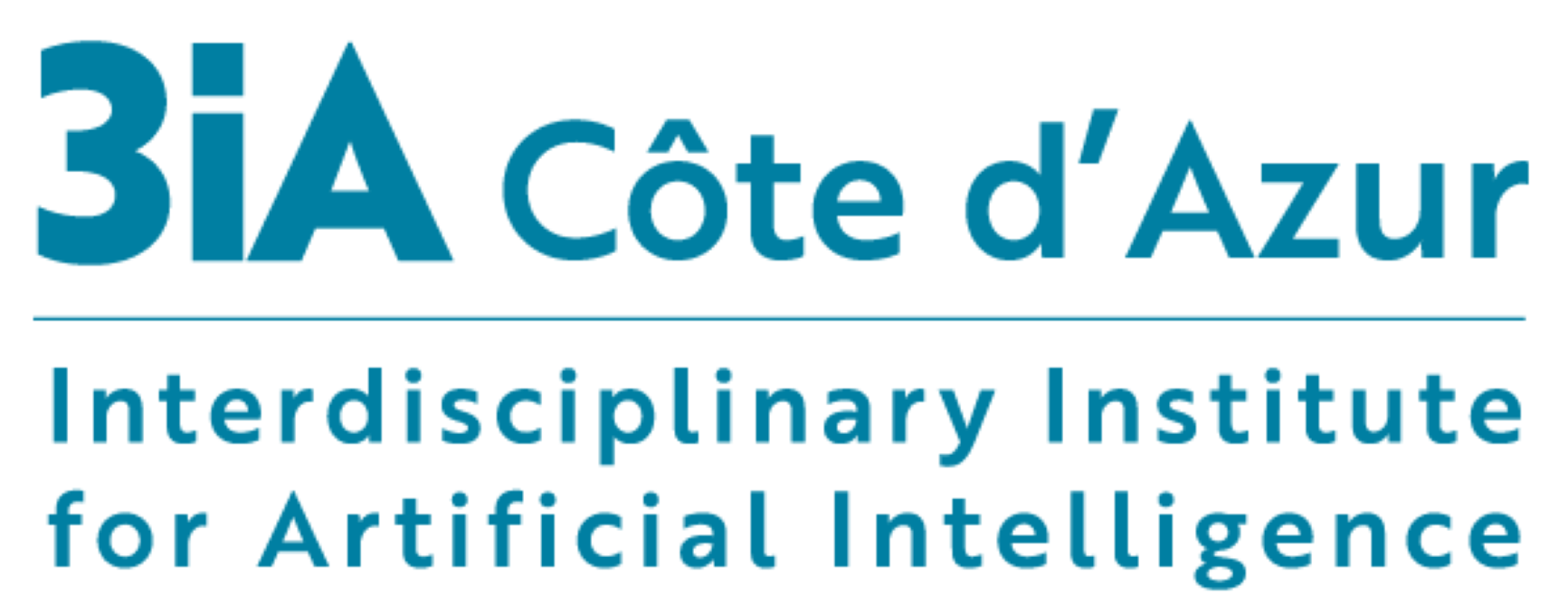Uncertainty-Based Multi-modal Learning for Myocardial Infarction Diagnosis Using Echocardiography and Electrocardiograms
Abstract
Medical devices used in cardiac diagnostics typically capture only one aspect of heart function. For instance, 2D B-mode echocardiography reveals the heart's anatomy and mechanical changes, while an electrocardiogram (ECG) records the heart's electrical activity from various positions. These examinations, essential for diagnosing cardiac diseases, are usually performed sequentially rather than simultaneously, providing complementary information for the final diagnosis. Recently, the integration of multi-modal information in AI research for healthcare has gained popularity, aiming for more robust diagnostic outcomes. However, the scarcity of publicly available multi-modal data for cardiac disease diagnosis poses a significant challenge to multi-modal learning and evaluation. In this study, we propose an uncertainty-based deep learning framework that utilizes unpaired data from different modalities to improve the diagnosis of myocardial infarction (MI) using both echocardiography and ECG data. Specifically, we trained two unimodal classification models incorporating uncertainty using public single-modal datasets. We then performed multi-modal classification using uncertainty-based decision fusion on a paired dataset, without the need for transfer learning or retraining. Our experiments demonstrated that uncertainty-based multimodal decision fusion outperforms conventional fusion strategies by 4% in accuracy and unimodal models by 7% in accuracy. This approach is both flexible and data-efficient, making uncertainty-based multi-modal fusion a sustainable and strong solution for both unpaired and paired multi-modal classification.
| Origin | Files produced by the author(s) |
|---|


